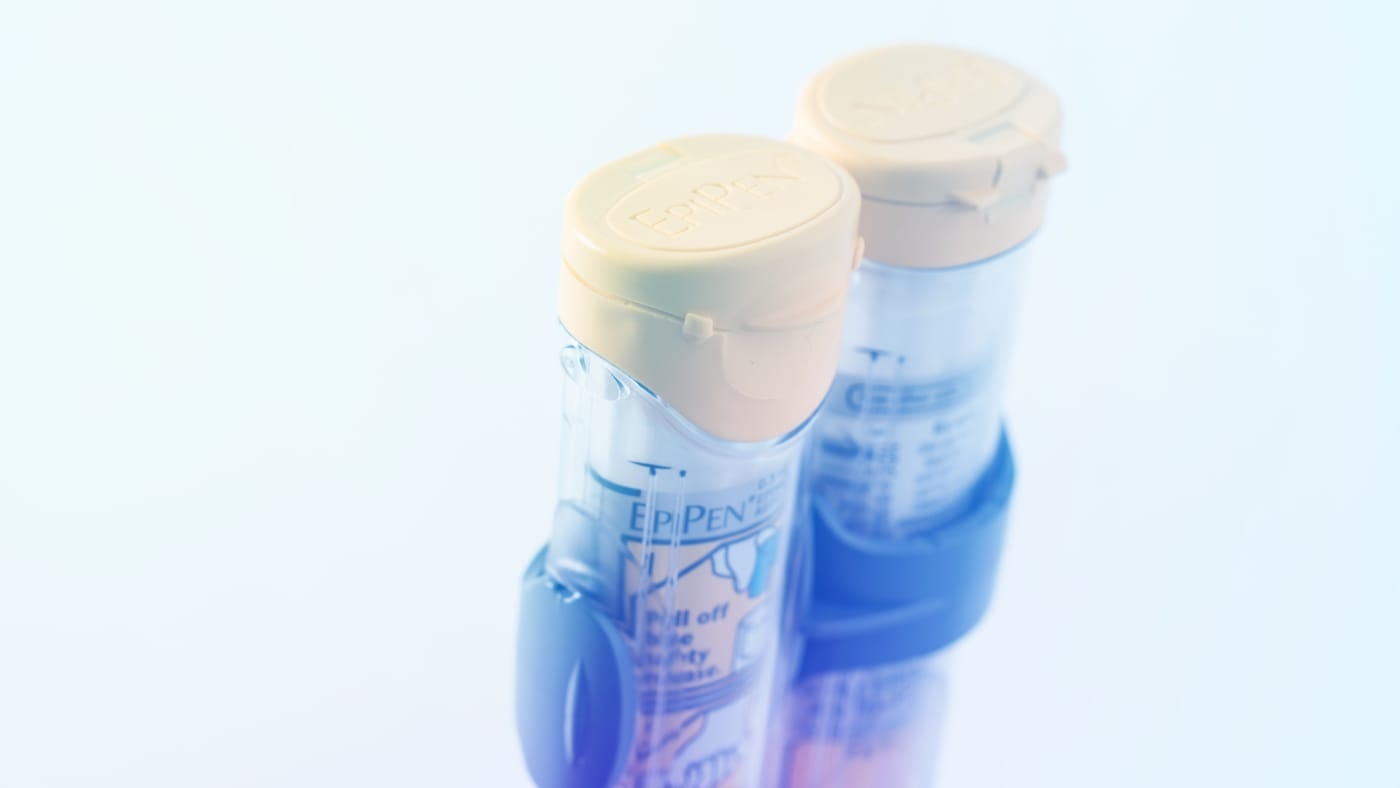Extending expiration dates on EpiPens is not as crazy as it sounds
As everyone with severe allergies—or everyone who loves anyone with severe allergies—freaks out over the ongoing EpiPen shortage, the Food and Drug Administration has taken an unusual step: It pushed back the expiration date for specific lots of auto-injectors marketed by Mylan. The dates will be extended by four months.
Here’s why that’s not as crazy as it sounds:
That said, the FDA discourages people from using old drugs and it is the governing body. “Expiration dates should not be ignored,” FDA spokeswoman Theresa Eisenman told Fast Company in an email. “Expired medical products can be less effective due to a decrease in strength or pose potential safety risks due to changes in chemical composition. Once the expiration date has passed there is no guarantee that the medicine will be safe and effective. If your medicine has expired, do not use it.”
Even one of the authors of the 2012 study wouldn’t recommend using expired medication, claiming their study just looked at the “arbitrary way the dates are set.”
As for why the FDA was willing to extend the expiration date on EpiPens, the decision was not a precursor to a revised drug-expiration policy. “Mylan submitted data to the FDA to show that a specific lot of its EpiPen product remained stable, retaining its strength, quality, and purity for up to 24 months when stored according to its labeled storage conditions,” explained Eisenman. “The FDA reviewed this data and determined to exercise discretion to allow Mylan to extend the expiration date of specific lot numbers by four months beyond the labeled expiration date to mitigate a potential shortage of EpiPen.”
(26)



